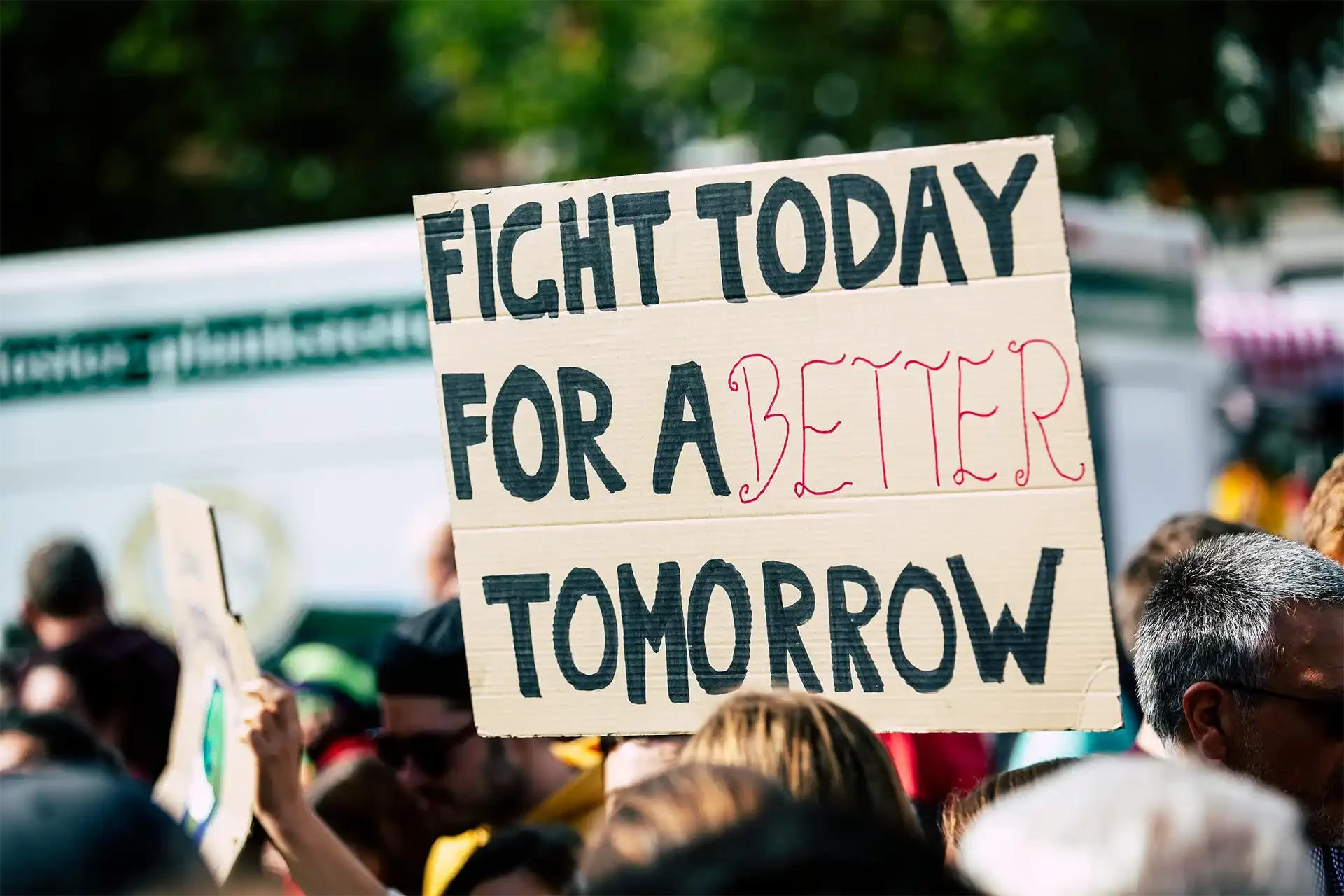
What are the True Costs?
When corporations are not held accountable for their business actions in the Global South this results in tangible and devastating effects for humans and the environment. These true costs include:
- Environmental degradation
- Displaced people
- Negative health and social impacts on local and indigenous communities
- Underinvestment in social services due to misallocation of national wealth
- Violation of indigenous rights and land tenure rights
- Absence of legal remedies for harms suffered and the infringement of rights
- Kleptocracy and other forms of corruption which undermine strong legal systems
- Inequitable distribution of natural resources
- Weakened civil society because of overwhelming corporate power and undue influence
- Corporate-related human rights and environmental abuses
True Costs Initiative will highlight these true costs and recommend support to projects, leaders and coalitions that help rebalance the scale in favor of the environment and local communities.

Why does it matter?
- The ease with which corporations externalize the costs of their business operations means that the world’s most vulnerable people and the environments in which they live are inequitably burdened while corporations reap tremendous profit. This is unsustainable not only in the Global South but everywhere.
- Corporations’ outsized financial influence results in a tremendous imbalance of power. Remedying this imbalance means amplifying the voice and increasing the power of vulnerable populations.
- International governmental organizations, governments and financiers publicly and discretely support and/ or finance large-scale corporate megaprojects in the Global South. Such entities should be held to rigorous corporate accountability standards to ensure that they deliver on the promises made to communities and that they do not engage in practices which undermine the social and environmental fabric of these communities.
- Local communities in the Global South have an important stake in strong legal systems because understanding the law allows people to utilize laws to protect their basic rights. Without being undergirded by strong legal systems, any efforts at corporate accountability will be limited and compromised.
The “True Costs” Lens
We view the corporate accountability landscape through the lens of people and the environment. Although the various stakeholders, the economic landscape, and the rights landscape weave a complex web, using the “true costs lens” allows us to 1) recognize true economic and social costs and who bears them 2) identify imbalances in power, resources and access 3) insist on business practices that prioritize people, not profit. The two core issues of our work in the Business and Human Rights space are Corporate Accountability and Strengthening Legal Systems which we believe are critical to shifting the balance of power in the Global Economy.

Corporate Accountability
Corporate Accountability has become conflated with corporate-driven corporate social responsibility metrics and ubiquitous sustainability campaigns. While organizational awareness of corporate social responsibility is a start, it cannot achieve the goal of robust and meaningful corporate accountability. To be truly effective, corporate accountability needs to be driven by those who have been most disadvantaged by corporate overreach and misconduct.
For “true” corporate accountability, there must be:
- Transparency: There must be meaningful prior and informed consent regarding corporate projects and their social and environmental impacts and there must be transparency about the sources of project funding.
- Remedy: There must be easy access to meaningful remedy for social and environmental harms stemming from business operations in local communities.
- Consequences: Corporations, intergovernmental organization financiers, and national governments that support and/or finance corporate megaprojects must face consequences for any bad actions which degrade the environment, lead to physical harm or disenfranchise people in the Global South.
- Prioritizing of People & Environment: The interest of local communities and the environment affected by megaprojects must be paramount. People and the environment come first.
- Engagement With Multiple Stakeholders: We believe that the most effective way to improve corporate behavior and to advance corporate accountability is to engage multiple stakeholders. This includes corporations themselves in some cases, so long as that engagement is driven primarily by those made most vulnerable by corporate enterprise.

Strengthening Legal Systems
Without established, well-explained, and enforced laws in the Global South, there can be no true corporate accountability. Government enabling of corporate overreach, kleptocracy, and violations of basic environmental and human rights have become the norm. We must strengthen legal systems in the Global South since a robust legal system is an essential building block for true corporate accountability.

Business & Human Rights
Corporate investment and megaprojects are proliferating at a rapid rate in the Global South. With this increased corporate footprint often comes direct human rights and environmental abuses which go unnoticed or are accepted as a mere cost of doing business. Given the inextricable connection between people and the resources from which corporations derive tremendous profit, it is imperative that we address corporate accountability at the intersection of business and human rights.